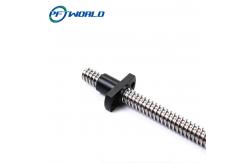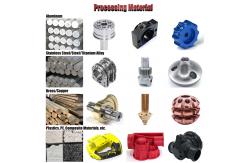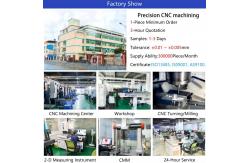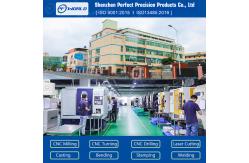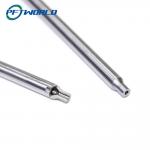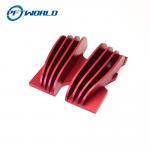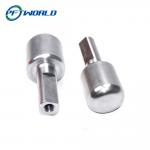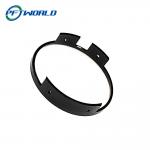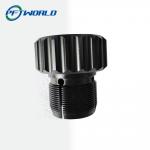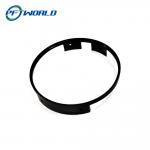|
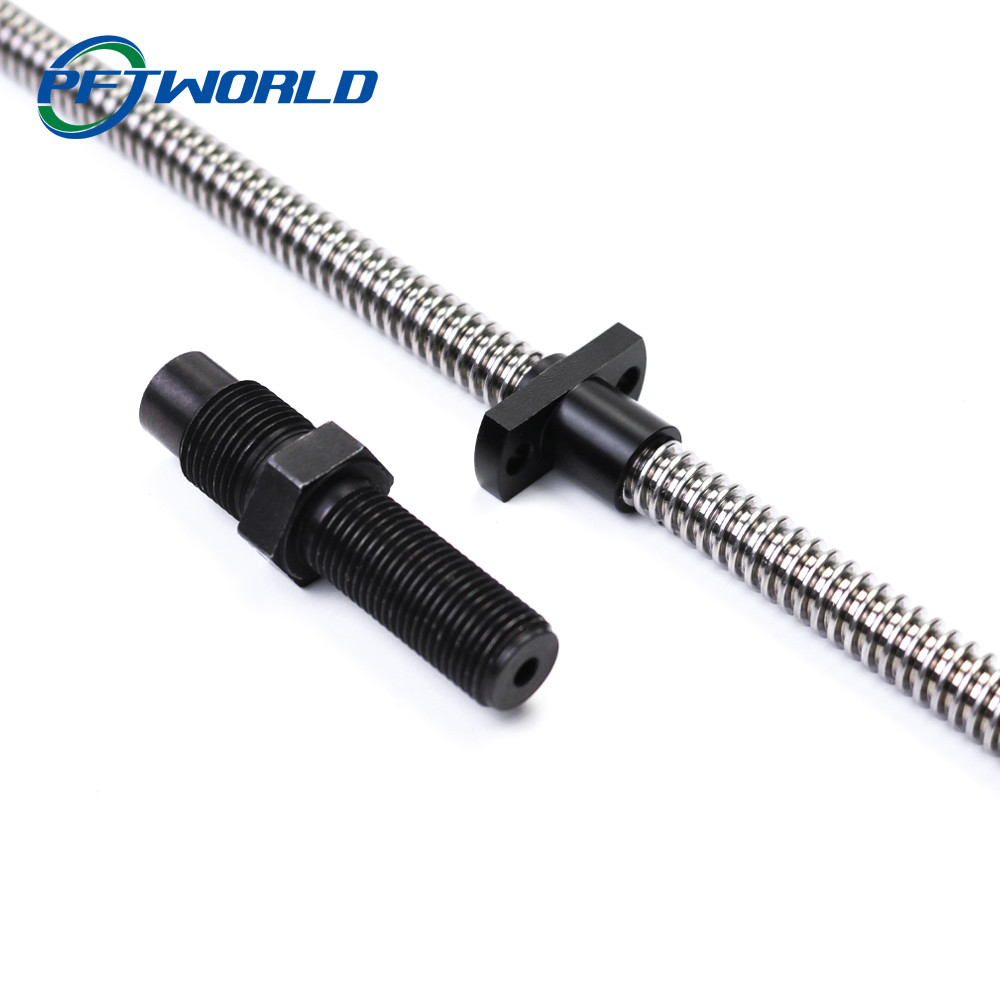
What Are CNC Metal Turning and Milling Parts Services?
CNC metal turning and milling are advanced machining processes that use computer-controlled machines to cut, shape, and finish metal parts. These services provide exceptional precision and flexibility, making them suitable for a wide range of industries and applications.
- CNC Turning: In this process, a metal workpiece is rotated on a spindle while a stationary cutting tool is applied to remove material, shaping the part into a cylindrical form. CNC turning is ideal for producing parts like shafts, rings, bolts, and tubes with high accuracy and smooth finishes.
- CNC Milling: CNC milling involves the use of rotary cutting tools to remove material from a stationary workpiece. The CNC machine moves along multiple axes to achieve the desired shape. Milling is ideal for creating complex geometries, including holes, slots, and intricate details, and is commonly used for parts with more complex, multi-dimensional features.
Both processes are highly automated, and the precision of CNC machining allows manufacturers to achieve tight tolerances and high-quality finishes, even for complex parts and components. How CNC Metal Turning and Milling Parts Services Work
The process of creating CNC metal turning and milling parts involves several key steps. Here's a closer look at how these services work from start to finish:
1. Design and CAD Modeling
The first step in CNC machining is creating a precise design. Engineers use Computer-Aided Design (CAD) software to create a digital model of the part. This model serves as the blueprint for the machining process, ensuring that the final product meets all specifications.
2. CNC Programming
After the design is finalized, Computer-Aided Manufacturing (CAM) software is used to generate the toolpaths for the CNC machine. This software translates the CAD design into machine-readable code, guiding the CNC machine to make precise cuts and movements.
3. Material Selection
Once the program is set, the right metal material is chosen for the part. CNC machining can work with a wide variety of metals, including alloys, and is adaptable to different grades depending on the part’s strength, weight, and corrosion resistance requirements.
4. CNC Turning and Milling Process
The CNC machine is set up with the workpiece and the necessary cutting tools. In CNC turning, the workpiece rotates while the cutting tool shapes it. In CNC milling, the workpiece remains stationary while a rotating tool removes material. These processes are repeated to gradually shape the part to the desired geometry.
5. Post-Processing and Finishing
Once the part is machined, it may undergo additional finishing processes such as polishing, anodizing, or coating to enhance its surface quality or protect it from corrosion. These steps depend on the specific requirements of the application.
6. Quality Control and Inspection
After machining, parts are inspected for accuracy, quality, and surface finish. CNC machines are capable of achieving extremely tight tolerances, and many service providers use high-precision measuring equipment to ensure that the parts meet all design specifications.
7. Delivery
Once quality checks are complete, the custom parts are packaged and delivered to the customer, ready for assembly or integration into their end products.
Applications of CNC Metal Turning and Milling Parts Services - Aerospace: CNC machining is widely used in the aerospace industry to manufacture critical parts such as turbine blades, structural components, and engine parts. The precision and reliability of CNC machining ensure that these components meet the strict performance and safety standards of the industry.
- Automotive: In the automotive industry, CNC metal turning and milling are used for producing engine components, transmission parts, suspension systems, and more. These parts require high precision to ensure optimal performance and safety.
- Medical Devices: The medical industry relies on CNC machining for producing surgical instruments, implants, and other medical components. CNC turning and milling provide the precision needed for these critical applications, ensuring the safety and effectiveness of medical devices.
- Industrial Equipment: CNC machining is essential for creating parts for machinery and equipment used in industrial applications. Components such as gears, bearings, valves, and fittings require high precision and durability, which CNC machining delivers.
- Electronics: Many electronic devices require precision metal parts, such as enclosures, connectors, and heat sinks. CNC machining allows for the mass production of these components with excellent accuracy and high-quality finishes.
Benefits of CNC Metal Turning and Milling Parts Services - High Precision: CNC machines offer tight tolerances, ensuring that parts are made to exact specifications with minimal error. This precision is essential for industries that require exacting standards, such as aerospace, medical devices, and automotive.
- Complex Geometries: CNC turning and milling can produce complex, multi-axis parts with intricate shapes that would be difficult or impossible to achieve with traditional machining methods.
- Faster Production: CNC machines can run continuously, reducing production times and ensuring quicker turnaround times. This is especially valuable for industries with high demands or tight deadlines.
- Material Flexibility: CNC machines can work with a wide range of metals, including aluminum, steel, titanium, stainless steel, and more. This versatility allows manufacturers to select the ideal material for each application.
- Cost-Effective Customization: CNC machining is cost-effective for both small and large production runs. Customization options allow businesses to create parts that fit their specific needs without the high costs of traditional tooling.
Conclusion CNC metal turning and milling parts services are at the heart of modern manufacturing, providing businesses with the precision, versatility, and efficiency they need to produce high-quality components. Whether you are in aerospace, automotive, medical devices, or industrial manufacturing, CNC machining offers the ideal solution for creating custom parts that meet exact specifications. 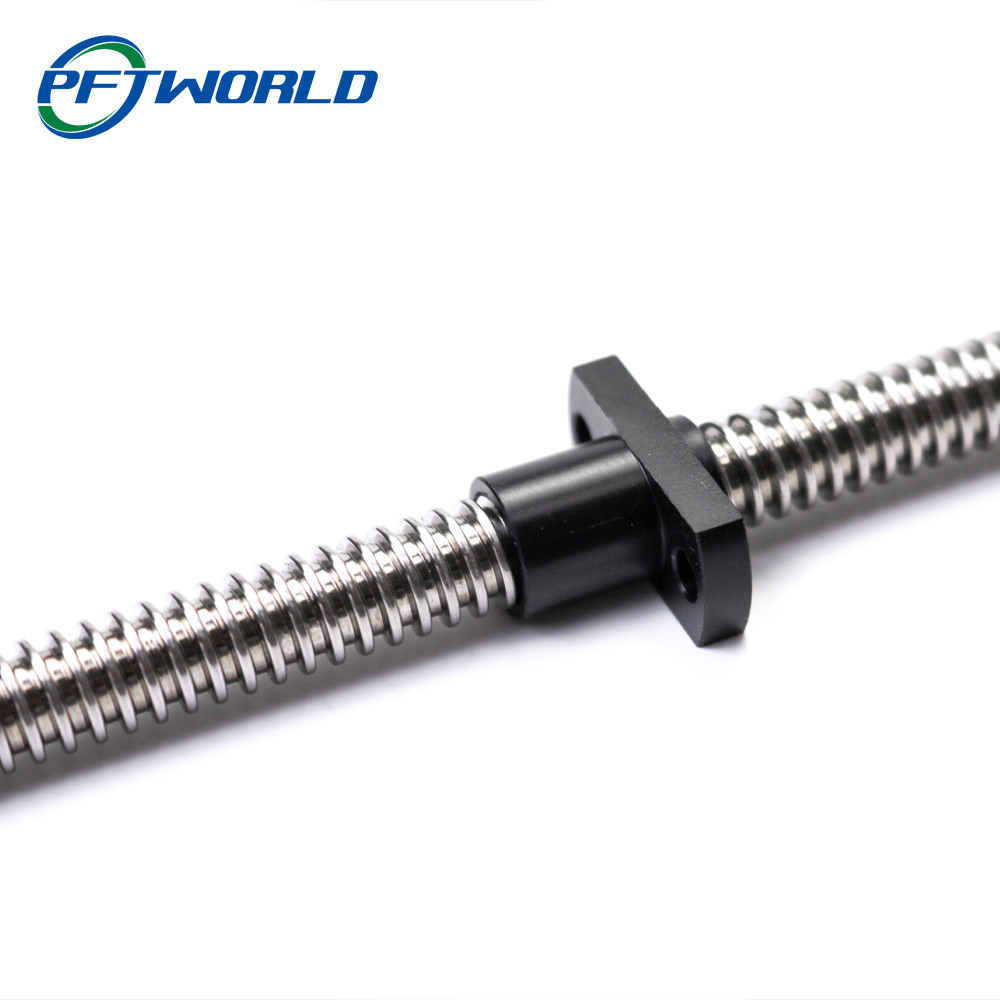 
| | CNC Turning, CNC Milling, Laser Cutting, Bending, Spining, Wire Cutting, Stamping, Electric Discharge Machining (EDM), Injection Molding,3D Printing,Rapid Prototype,Moulds etc. | | | Aluminum: 2000 series, 6000 series, 7075, 5052, etc. | | Stainlesss steel: SUS303, SUS304, SS316, SS316L, 17-4PH, etc. | | Steel: 1214L/1215/1045/4140/SCM440/40CrMo, etc. | | Brass: 260, C360, H59, H60, H62, H63, H65, H68, H70, Bronze, Copper | | Titanium: Grade F1-F5 | | Plastic: Acetal/POM/PA/Nylon/PC/PMMA/PVC/PU/Acrylic/ABS/PTFE/PEEK etc. | | | Anodized, Bead Blasted, Silk Screen, PVD Plating, Zinc/Nickl/Chrome/Titanium Plating, Brushing, Painting, Powder Coated, Passivation, Electrophoresis, Electro Polishing, Knurl, Laser/Etch/Engrave etc. | | | ±0.002 ~ ±0.005mm | | | Min Ra 0.1~3.2 | | CERTIFICATE | ISO9001:2015,AS9100D,ISO13485:2016,ISO45001:2018,IATF16949:2016,ISO14001:2015,ROSH,CE etc. | 




FAQ 1. Are you a manufacturer or a trading company? We are a factory located in Shenzhen, China, with 20 years of rich experience,
covering 6000 square meters. Complete facilities, including 3D quality inspection equipment, ERP system and 40 machines. If necessary, we can provide you with material certificates, sample quality inspection and other reports. 2. How to get a quote?
Detailed drawings (PDF/STEP/IGS/DWG...), including quality, delivery date, materials, quality, quantity, surface treatment and other information. 3. Can I get a quotation without drawings? Can your engineering team draw for my creativity? Of course, we are also glad to receive your samples, pictures or detailed size drafts for accurate quotation. 4. Can you provide samples before mass production? Of course, the sample fee is necessary. If possible, it will be returned during mass production. 5. What is the delivery date? Generally, the sample lasts for 1-2 weeks and the batch production lasts for 3-4 weeks. 6. How do you control quality? (1) Material Inspection - Check material surfaces and approximate dimensions. (2) First inspection of production - ensure critical dimensions in mass production. (3) Sampling inspection - check the quality before delivery to the warehouse. (4) Preshipment inspection - 100% inspection by QC assistant before shipment. 7. After sales service team If you have any problems after receiving the product, you can provide feedback through voice call, video conference, email, etc. within one month. Our team will provide you with solutions within a week. |

